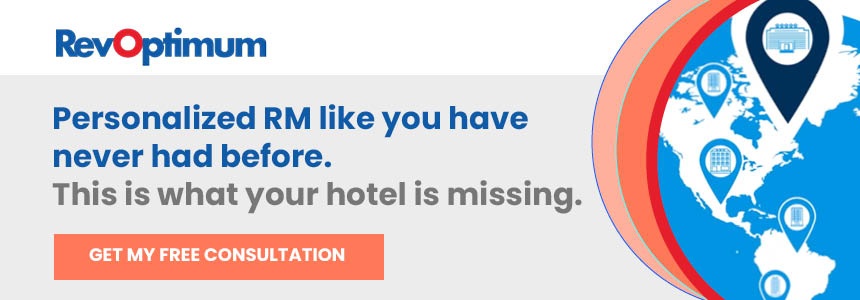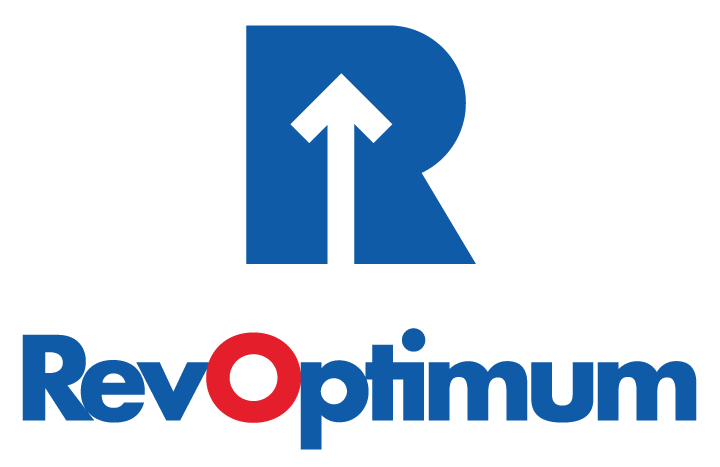Luxury resorts and boutique hotels are two distinct types of properties in the hospitality industry. They both cater to high-end clientele but differ in size, amenities, and guest experience. As a result, their revenue strategies also differ.
Luxury vs Boutique Hotels
Luxury Resorts
Luxury resorts typically have more rooms and offer a comprehensive range of amenities, such as private beaches, spas, and fine dining restaurants. These properties often target a broad audience of high-end travellers, including families, couples, and business travellers. Luxury resorts may implement dynamic pricing strategies that adjust rates based on demand, seasonality, and other factors. They may also offer bundled packages that include meals, activities, and other amenities to appeal to guests seeking an all-inclusive experience.
Revenue managers at luxury resorts may also focus on building relationships with travel agents and tour operators to drive more bookings and revenue. This can involve offering exclusive rates and promotions to these partners, as well as providing them with a high level of support and service. Luxury resorts may also invest in marketing campaigns that showcase their facilities and amenities, as well as their location and surrounding attractions. These campaigns can target specific segments of the luxury travel market, such as affluent families or business travellers.
Boutique Hotels and Revenue Management
In contrast, boutique hotels are typically smaller and offer a more intimate guest experience. These properties often have unique and distinctive features, such as a historical building, a unique design, or a focus on a particular theme.
Boutique hotels may emphasise guest experience, personalisation, and ancillary revenue streams such as food and beverage, spa services, and events. Revenue managers at boutique hotels may work closely with the operations team to develop packages and promotions that align with the property's unique selling points. Which may involve creating themed packages highlighting the hotel's location or history or offering customised services such as private tours or personalised wellness programs. This is due to boutique hotels attracting a more niche audience of high-end travellers who value personalised service and unique experiences.
Revenue strategies for boutique hotels may focus on cultivating relationships with loyal guests, leveraging social media and other digital channels to reach new customers, and tailoring pricing and promotional strategies to appeal to the target audience. Boutique hotels may also focus on building guest loyalty by offering exclusive benefits such as room upgrades, early check-in or late check-out, and other perks.
Why Boutique Hotels Need More Personalised Revenue Management
Boutique hotels are known for their unique character, personalised service, and attention to detail. They are smaller in scale compared to larger hotels and are usually located in urban centres or trendy neighbourhoods. Boutique hotels offer a more intimate and personalised experience for guests, focusing on creating a memorable stay.
However, with the rise of the sharing economy and online travel agencies, boutique hotels face increased competition in the hospitality market. As a result, it has become more critical for boutique hotels to adopt revenue management strategies that are tailored to their unique characteristics and guest demographics.
Scott Frothingham, CEO of RevOptimum, talks about what sort of revenue strategies need to be implement in boutique hotels.
"Personalised revenue management is essential for boutique hotels because it enables them to optimise their revenue by catering to the needs and preferences of their guests. Compared to larger hotels and resorts, boutique hotels do not have the luxury of catering to a broad customer base. Instead, they must focus on a niche market and provide services and amenities that appeal to that demographic."
He recommends that boutique hotels utilise data-driven revenue management strategies considering their guest demographics, location, and other factors affecting demand. These strategies include dynamic pricing, demand forecasting, and inventory management:
- Dynamic pricing is a critical component of revenue management for boutique hotels because it enables them to adjust their room rates in real time based on market demand. This approach ensures that the hotel always prices its rooms at the optimal rate to maximise revenue while remaining competitive in the market.
- Demand forecasting is another essential revenue management strategy for boutique hotels. By analysing historical data and market trends, hotels can predict future demand and adjust their pricing and marketing strategies accordingly. This approach helps hotels to optimise their revenue by ensuring that they are prepared for changes in demand and can adjust their operations accordingly.
- Inventory management is also crucial for boutique hotels. With limited room inventory, it is essential to maximise revenue by selling the right rooms at the right time to the right guests. A personalised revenue management strategy helps hotels achieve this by identifying the most profitable room types and pricing them accordingly.
Overall, luxury resorts and boutique hotels have different revenue strategies reflecting their distinct market positioning. While luxury resorts may focus on broad appeal and dynamic pricing strategies, boutique hotels may emphasise guest experience, personalisation, and ancillary revenue streams. Both properties can benefit from effective revenue management strategies that maximise revenue and profitability while maintaining high guest satisfaction.
Furthermore, personalised revenue management is essential for boutique hotels to stay competitive in today's hospitality market. By adopting data-driven revenue management strategies, boutique hotels can optimise their revenue and cater to the needs and preferences of their unique guest demographics. RevOptimum's personalised revenue management solutions can help boutique hotels achieve these goals by providing data-driven insights and customised strategies that optimise revenue and enhance the guest experience.
Get the personalized revenue management service your hotel needs today.
RevOptimum enables revenue management transformation for the hotel industry and supports hoteliers through our expertise and innovative revenue increase structures and proprietary tools. Every day, we strive to deliver the highest revenue performance, client excellence, service quality, and integrity that bring the power of success to the hospitality industry.
We are ready to work with your hotel to build a revenue management plan that brings in more RevPAR closely. Contact us to learn how you can reach all of your hotel revenue goals quickly.
About the Author

Mia Belle Frothingham
Mia Belle Frothingham is the Co-Founder and Chief Marketing Officer of RevOptimum. She oversees all aspects of corporate marketing and outreach strategies, including communications, brand identity, and international and digital advertising. Mia has a Revenue Management certification from Cornell University and received a Bachelor's from Harvard University and a Research Master's from The University of Edinburgh.



